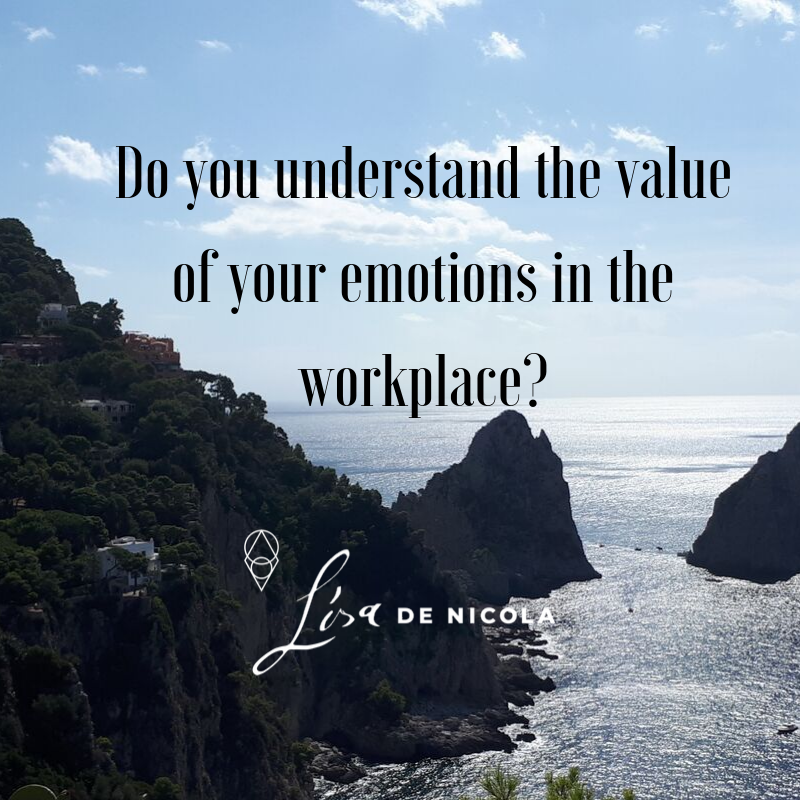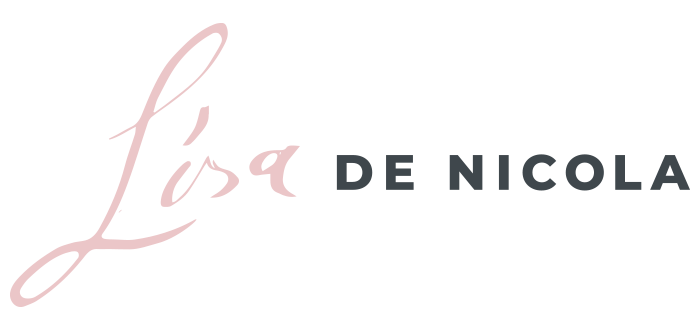Emotions and ‘the workplace’ are often not seen in the same sentence unless we’re talking about emotional intelligence. There’s an immediate reaction that the two don’t mix and emotions simply don’t belong in corporate.
Yet, over the years, we’ve had emotional intelligence courses and workshops of the like become increasingly popular. Not because we’ve become more accepting of the concept and understand the importance of EQ in the workplace.
But rather we’ve needed more understanding, increased awareness and frankly more acceptance that the very makeup of US as human beings is that we are made up of emotions.
We’ve had to learn how to recognize them in the workplace and understand how to best manage them.
If you ask Psychology Today, they define emotional intelligence or EQ as it’s often referred to as “the ability to identify and manage one’s own emotions, as well as the emotions of others.”
Daniel Goleman, a well known international psychologist and author of “Emotional Intelligence” and articles such as “What makes a Leader” says there are 4 domains or traits to EI – self-awareness, self-management, empathy and relationship skills.

It’s become somewhat of a guidepost to better understand how to recognize some of these so-called traits in emerging leaders, yet we’ve got a long way to go.
As leaders, understanding the importance of identifying soft skills and assessing those skills (empathy being one of them), are usually more challenging to quantify compared to hard skills.
They’re also still highly misunderstood and often we throw labels on people, particularly women in the workplace as “too emotional” when we don’t understand their unique skill or gift.
Someone who is:
| Emotion | Label | Reality |
| Highly empathic | Too emotional | Highly empathic |
| Highly sensitive | Weak | Highly sensitive |
| Compassionate | Too sensitive | Compassionate |
These labels are misused for very real skills and gifts that many of us possess and often don’t even realize it. In some cases, when there’s a lack of understanding of someone who identifies’ as any one of these emotions, they’re discriminated against and isolated.
The tools and education at our disposal to learn how to recognize EQ in an employee or a co-worker sitting across from us don’t serve us if we don’t actually take the time to understand what this looks like in that individual.
The value and benefit of an employee who is highly sensitive, highly empathic or even compassionate are beyond what you can assess on a piece of paper.
Some benefits can include:
- Navigating negotiations in a more powerful way given their ability to pick up on client attitude and/or emotion
- Being able to work through workplace conflict more intelligently
- Insights and understanding to better connect with another’s point of view
There’s always value in emotions and especially in the workplace when you can understand what they are and how to use them to your benefit.
The future of work I envision is one where EQ is no longer something we need to continue to ‘learn.’ But simply come to recognize as part of who we are as human beings.
That emotions are a part of life and we begin to see the benefits and advantages of how to actually use them to empower ourselves in the workplace vs. seeing them as a detriment.
I’d love to hear from you in the comments below.
What’s the biggest misconception of an emotional employee in the workplace? What are some of the labels you often hear being used for someone who’s considered emotional?
With so much love,
Lisa ❤





